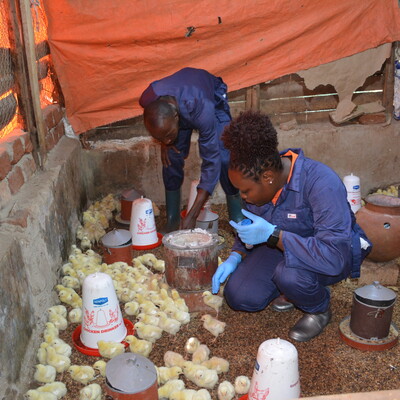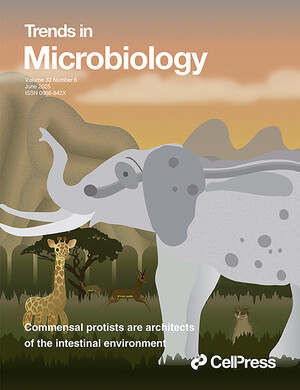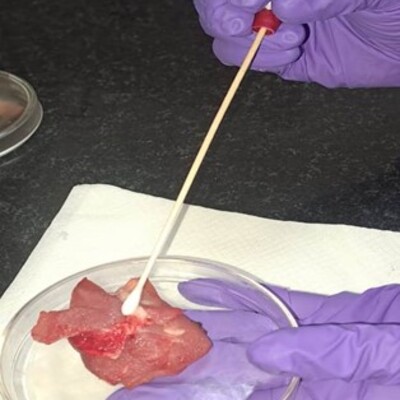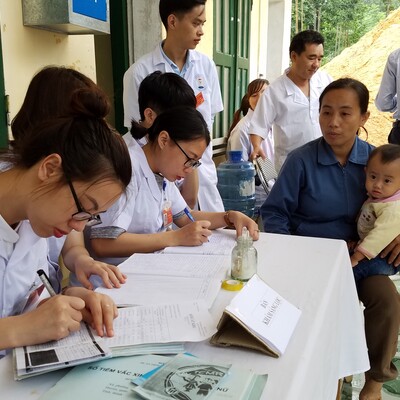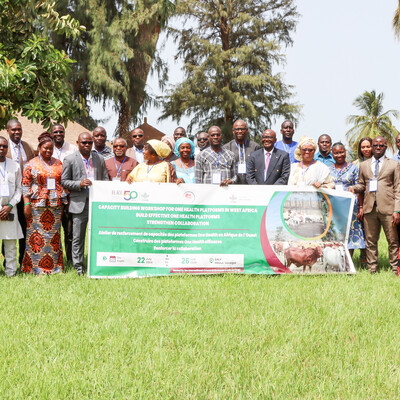
Protecting Human Health Through a One Health Approach
You may also like
Related Publications

Patterns and factors influencing antibiotic use among poultry farmers in Thai Nguyen province, Vietnam


COVID-19 is the sixth zoonotic pandemic since 1980. The frequency and severity of these events is increasing as people encroach on wildlife habitats, and livestock and fish production systems intensify.
Animal production systems are reservoirs of zoonotic pathogens, which are responsible for 60% of human communicable disease cases. Two thirds of global antimicrobial use, the key driver of antimicrobial resistance, is in livestock production. Antimicrobial resistance causes 1.2 million deaths annually and is projected to kill 10 million people every year by 2050. Trade of animals and animal-source foods at increasing scales multiplies the magnitude of health and economic risks. Livestock generate 85% of global animal fecal waste, leading to environmental degradation and human exposure to waterborne pathogens. Foodborne disease takes a toll comparable to that of tuberculosis, malaria and HIV/AIDS, but receives a small fraction of the investment from international donors.
Solving these challenges requires both overcoming institutional barriers to cross-sectoral collaboration and stronger evidence on the importance and cost-effectiveness of incorporating One Health principles into management of food systems.
This Initiative aims to demonstrate how One Health principles and tools integrated into food systems can help reduce and contain zoonotic disease outbreaks, improve food and water safety, and reduce anti-microbial resistance, benefitting human, animal, and environmental health.
Hung Nguyen-Viet, initiative lead
h.nguyen@cgiar.org
Vivian Hoffmann, initiative co-lead
v.hoffmann@cgiar.org

